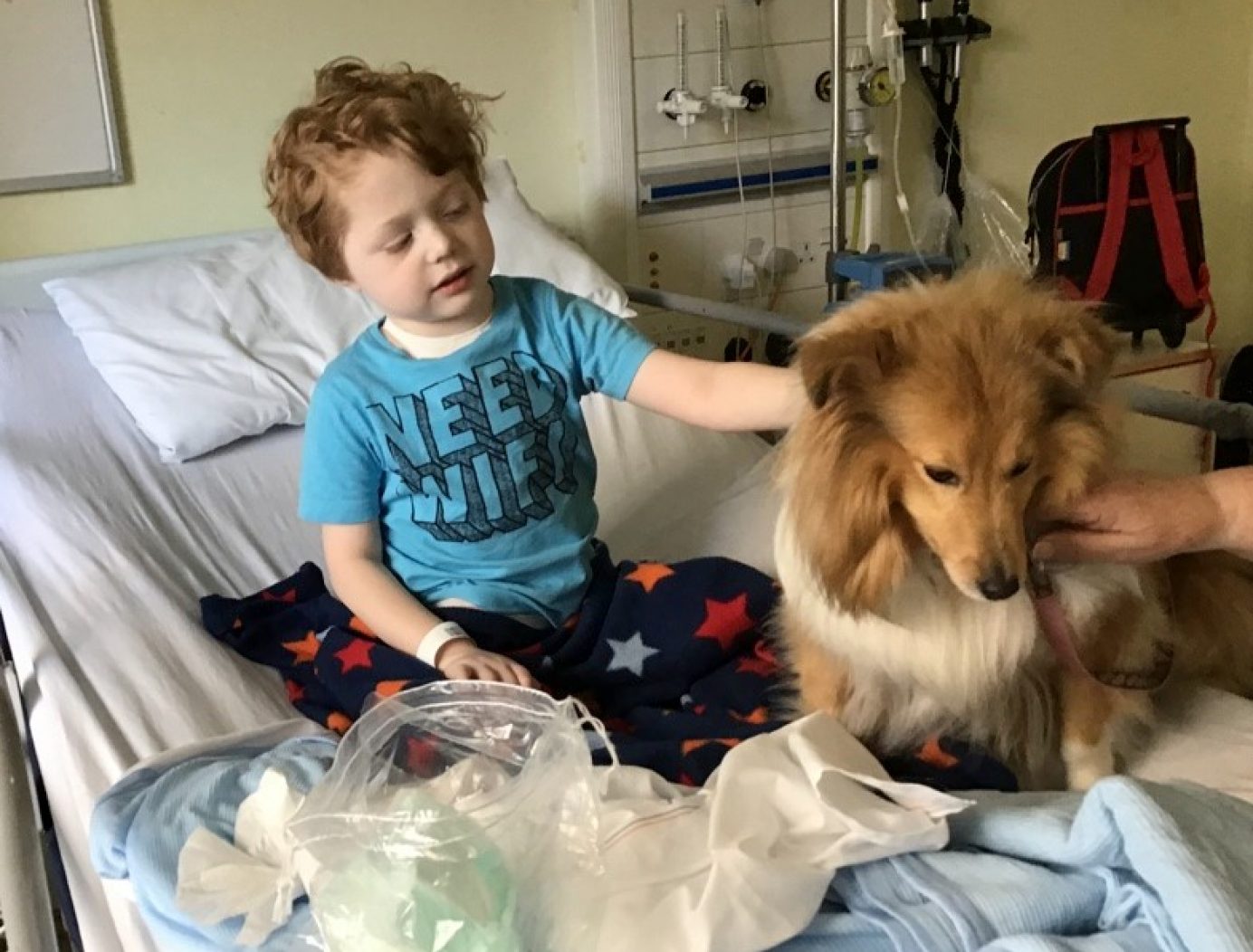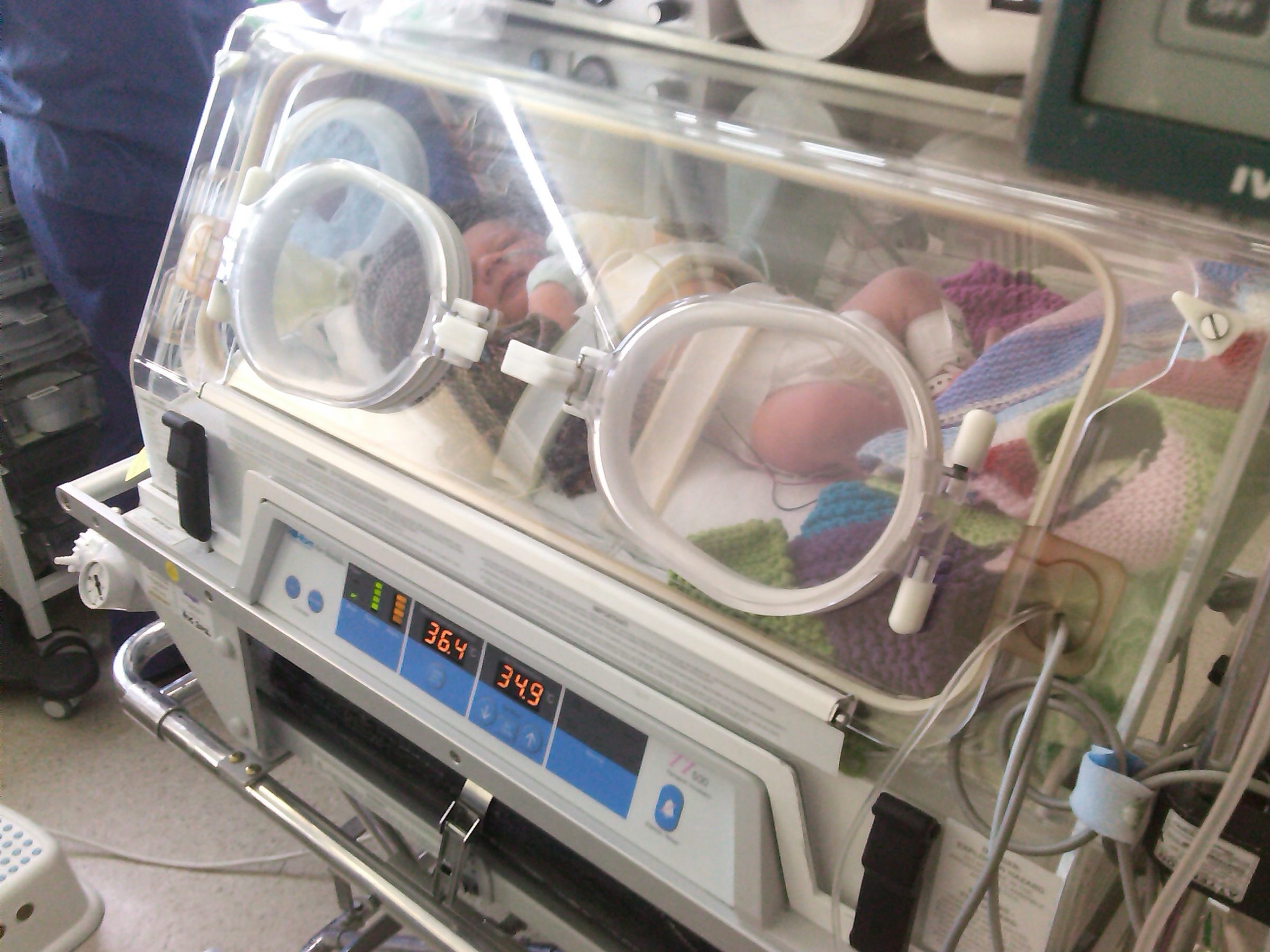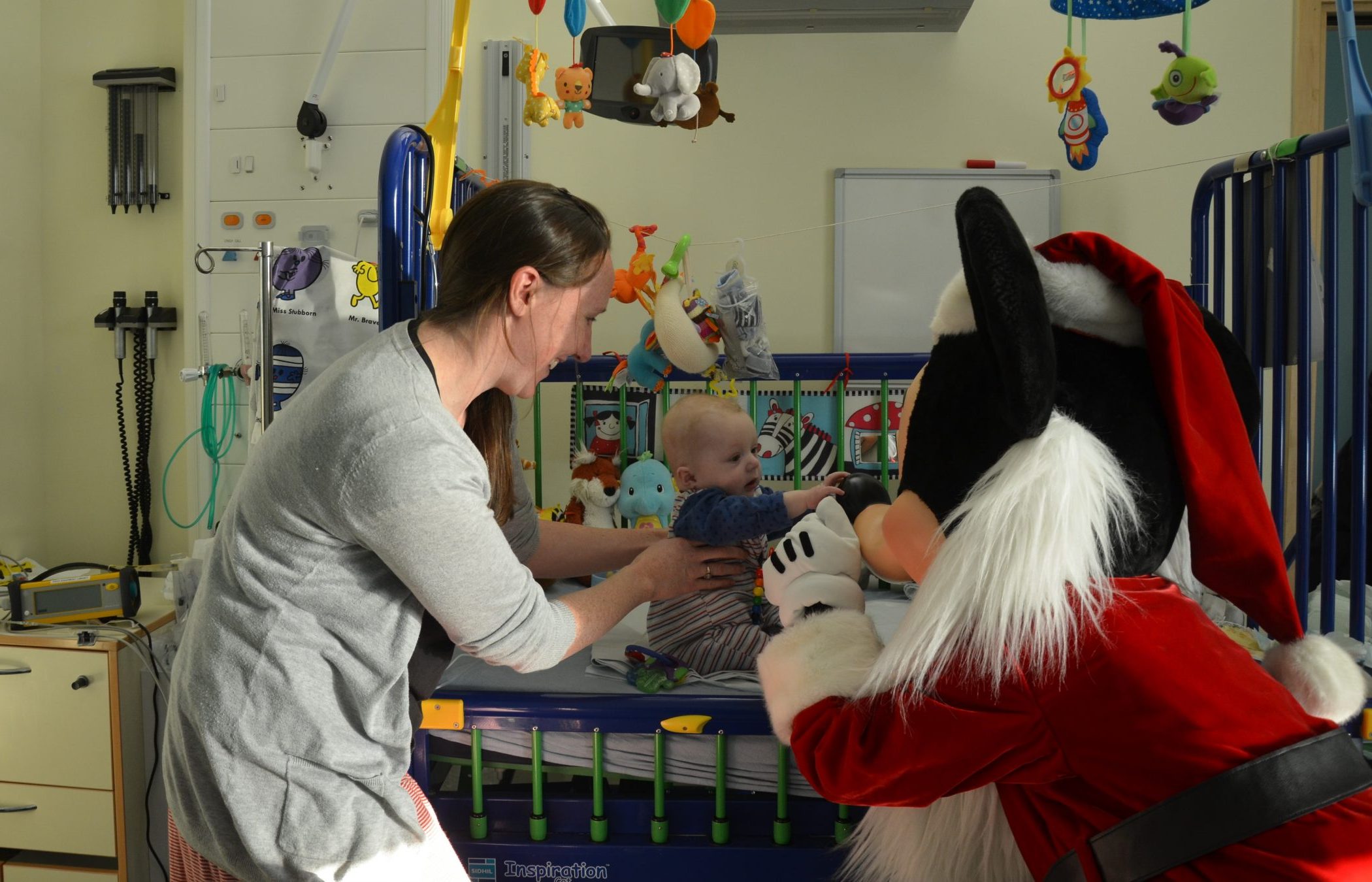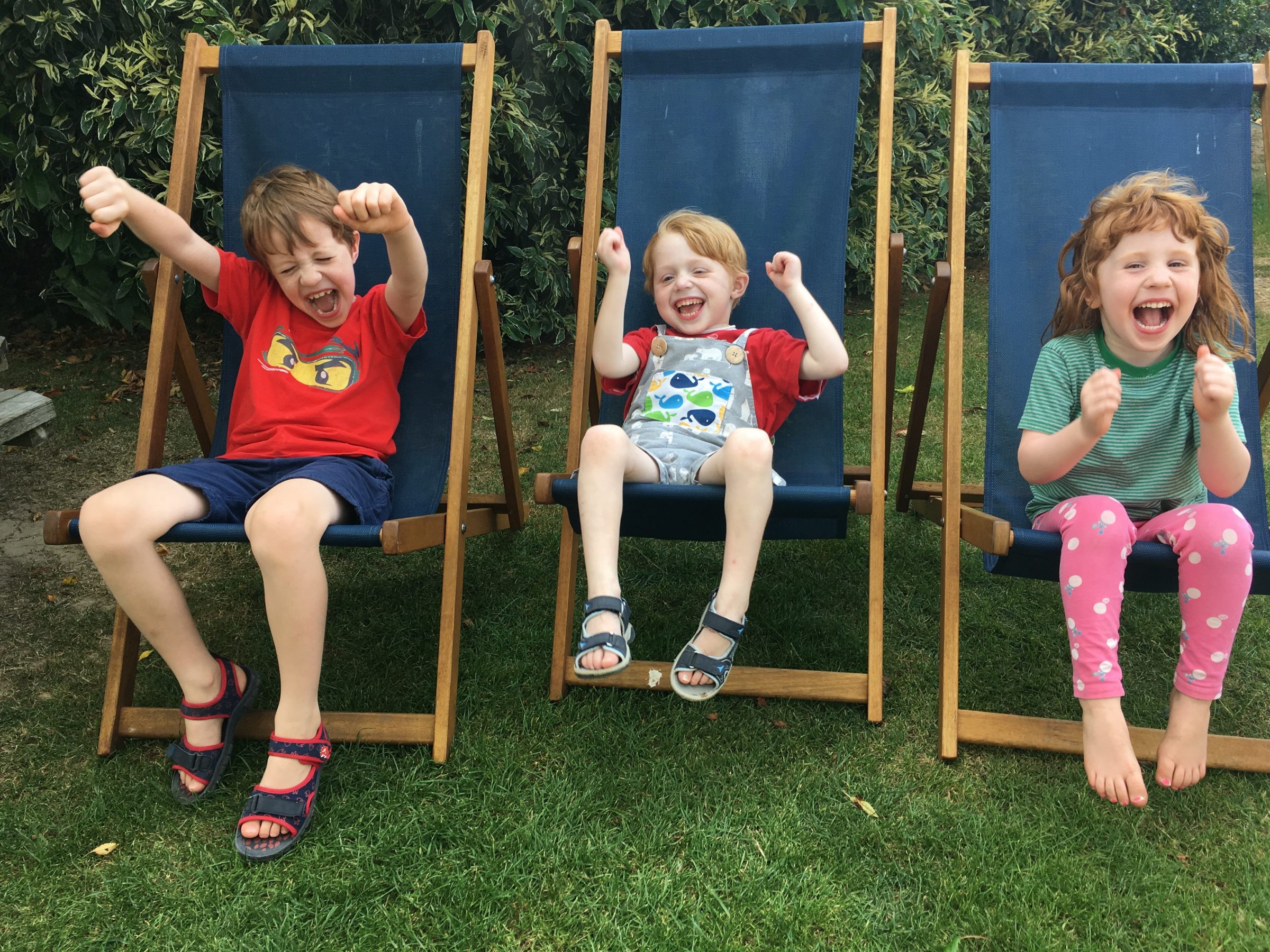
Helping your children cope with a prolonged hospital stay
November 19, 2020
Charlotte Hartley-Jones is a clinical psychologist, writer, and mother of three who has experience of life on the ward. Charlotte first stayed in our Brighton House in 2012, when her son Hugo was in the Royal Alexandra Children’s Hospital suffering from a chronic condition. Charlotte has since written children’s book The Hospital Hoppities, a children’s book inspired by her experience. We spoke to Charlotte about her family’s time on the ward – Hugo is still in and out of hospital – and what she has taken from the experience.
What do you see as the main challenges for a poorly child facing a long hospital stay, when it comes to adjusting to the change in environment?
“It would probably depend on the factors surrounding the admission – the level of pain or interventions required etc but I would think the main aspects would be a sense of loss of home life, routine, friends, siblings, familiar belongings, the ‘freedom’ and privacy of being at home along with a sense of fear about the unknown of the admission. But sometimes what we adults think are the main challenges might not be what the young person says!”

What is your personal experience with this, during the periods that Hugo has been in and out of hospital?
“I suppose for me there has often been two levels of challenge- the emotional and the practical. The emotional challenges include the impact of diagnosis, treatment, pain, worries about the future, grief, losses of what’s happening on the ‘outside world’ and the practical challenges tend to be keeping everyone fed, watered and entertained and all the organisation that goes with that.”
Do you think the hospital is often a daunting or frightening place for children?
“I think it can be but not always! Hugo and my other children have grown up knowing the hospital, the doctors and all the staff there. It’s a familiar place rather than a scary one. There have always been wobbles for us all at different times but the staff have been so friendly so that’s helped.”
What are your tips for parents who may find their poorly child’s siblings are struggling to adjust to the change of environment, and introduction of stress?
“I think if a child is struggling to adjust it can be hard for them (for any of us!) to know what exactly it is they are struggling with but asking them is often a good start. They may not be able to put it into words- but they might be able to put it down in a drawing, whisper it to a teddy or act it out with some toys. Offering them consistency where possible might help – a favourite toy, food, a particular computer game. They might be picking up on our stress as parents so being aware of that can be handy and there may be some support at the hospital to help if a sibling is especially struggling.”

Did you find that having the Ronald McDonald House in Brighton as a place for the family to stay, helped the family cope with the situation at hand?
“Yes! It provided us with a different space and we appreciated the change of environment. It was somewhere to release a breath, take a breath and ready ourselves to continue. It was somewhere to read a picture book to a toddler, and to have a meal or a cup of tea in a more relaxing setting without so many beeping machines.”
What are your three top tips for parents wanting to help their child adjust to their new situation, particularly if it’s going to be their ‘normal’ for some time?
“It is so variable depending on age and circumstance but my three top tips would probably be:
1. To listen to your own instincts, as you know your child best and also listening to your child- what do they think would help them?
2. To not forget your own well-being- the old oxygen mask on the plane analogy. And remember your favourite mug, tea, coffee, snacks, phone charger etc to stay hydrated and connected to others. I found it helpful to have something else to focus on too– for me that was writing and for other people I’m sure it will be other things.
3. To check what forms of additional help might be available at the hospital. For example in addition to the medical and nursing staff the hospital may have play workers, counsellors or psychologists who might be able to offer time or activities. During Hugo’s longest admission I found myself saying yes to most activities on offer regardless of whether it was something me and the children would usually find interesting, because it could break up the day and provide a focal point.”

What inspired you to write The Hospital Hoppities?
“I was looking for a book that showed a character with a central line like my son has and didn’t find very many so decided to write one. I wanted to bring some magic into the ward and celebrate the community of the hospital at the same time. Anjalee Burrows, the illustrator, did a wonderful job showing some equipment and conditions children might have as ‘normalised’ in the illustrations, and her beautiful images really brought the story to life. As Eyrie Press is donating money to Ronald McDonald House Charities UK with each book sale, it allows us to give back to the charity while helping children see themselves in the pages of a book too.”
For each copy of The Hospital Hoppities sold through our website, Eyrie Press will donate £1.00 to RMHC UK, which helps families stay close to their children in hospital by providing free ‘home away from home’ accommodation. You can purchase the book online, here: https://www.eyriepress.co.uk/books/the-hospital-hoppities/
Help us provide free home away from home accommodation to support families with children in hospital with a donation.
